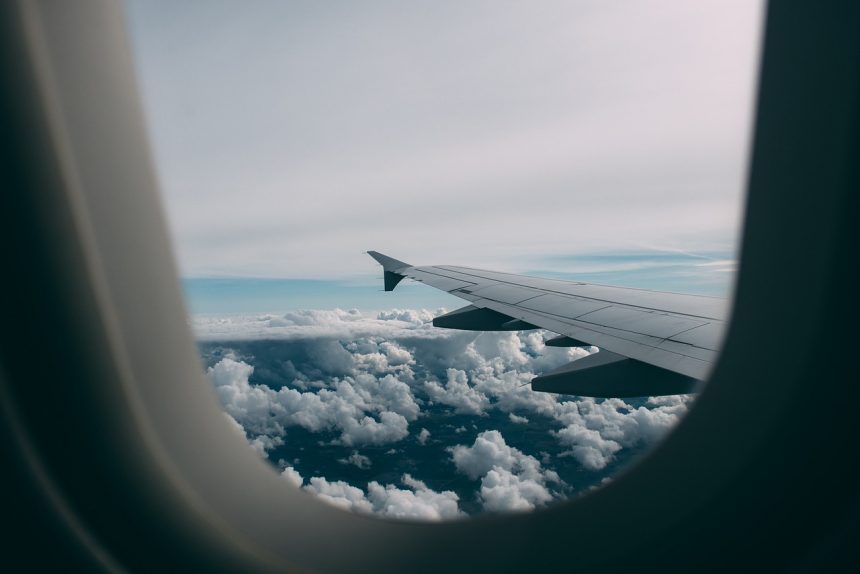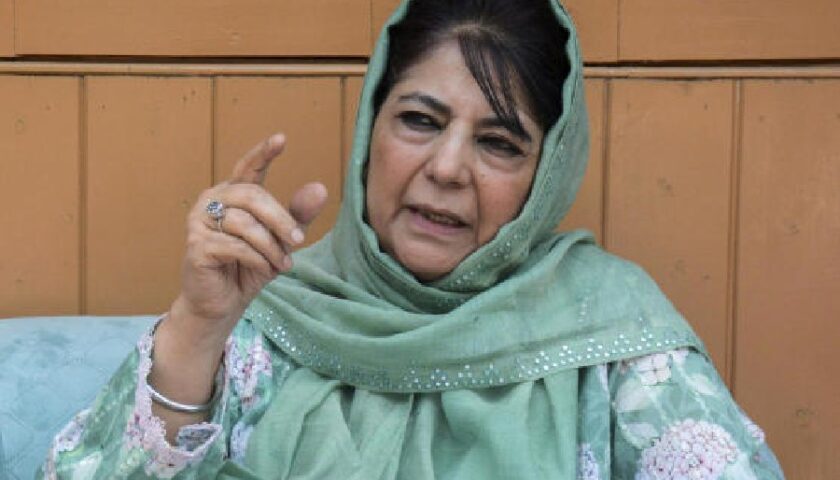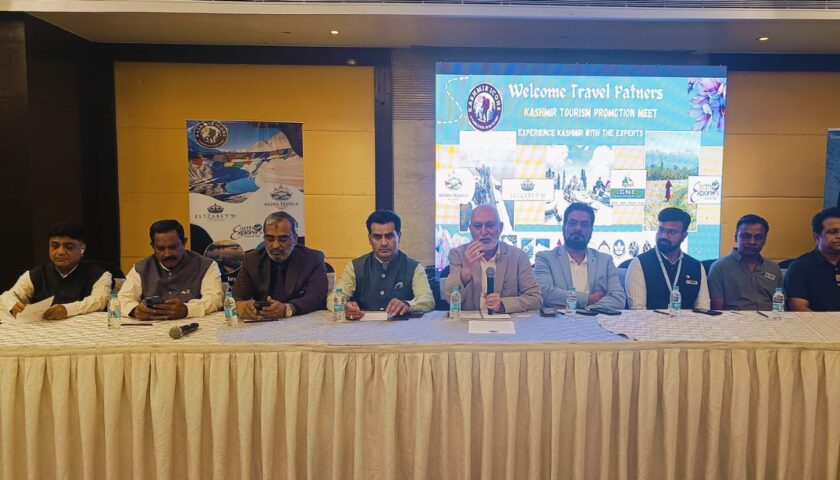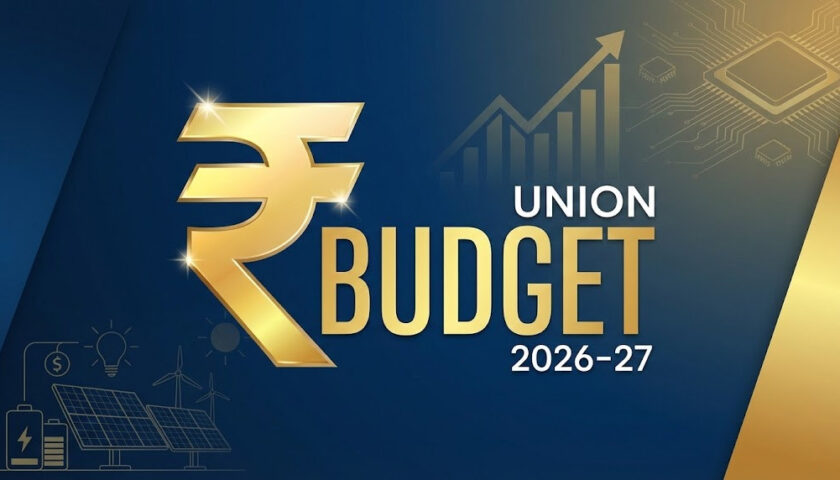Kashmir Airfares Hit Record Highs, Wallets Crash: A Deep Dive into the Crisis
By: Javid Amin
Srinagar, February 23, 2025 – Kashmir’s air connectivity crisis has worsened as airfare prices soar to record highs, surpassing even international travel costs. This trend has drawn criticism from parliamentary committees, business leaders, and affected travelers. As flights become increasingly unaffordable, local economies, tourism, and ordinary citizens bear the brunt of this crisis.
Skyrocketing Airfare Prices: The Harsh Reality
For travelers heading to Kashmir, flight costs have surged dramatically:
- Delhi to Srinagar: Rs 12,000 – Rs 14,000
- Bangalore to Srinagar: Rs 17,000
- Mumbai to Srinagar: Rs 27,000
- Kolkata to Srinagar: Rs 18,000
These exorbitant fares have led to widespread frustration, particularly among Kashmir residents who need to travel for medical emergencies, business, or education. Many families find it difficult to afford such high costs, forcing them to reconsider travel plans or opt for alternative means of transportation.
Also Read | Experience the Magic: Tulip Festival 2025 in Kashmir – Your Complete Travel Guide
The Human Cost: How Families are Affected
The toll of these rising fares is felt deeply by the people of Kashmir.
Take Javid Ahmad, a Srinagar resident, who recently traveled with his family for a medical emergency. “I paid Rs 16,500 per ticket for four members, amounting to Rs 66,000 in total. We had no choice but to travel to Delhi for my father’s surgery,” he said. Stories like these highlight how the high cost of air travel adds financial strain during critical situations.
Government’s Attention & Parliamentary Reports
The issue has now reached policymakers at the national level. A report by the Parliamentary Standing Committee on Transport, Tourism, and Culture emphasized the damaging effects of steep airfare hikes, stating:
- “Escalating airfares of ‘low-cost’ carriers during peak seasons discourage tourism growth.”
- “Flight prices to Kashmir often match those of international destinations, leading tourists to choose foreign travel instead.”
Such observations highlight how airfare inflation is counterproductive to the government’s efforts to promote Kashmir as a premier tourist destination.
Economic Impact: Kashmir Chamber of Commerce Raises Alarm
The Kashmir Chamber of Commerce and Industry (KCCI) has been vocal about the damaging effects on tourism and local businesses. KCCI President Javid Tenga stated:
- “Despite government efforts to boost tourism, sky-high airfares make Kashmir an expensive choice for travelers.”
- “These rates do not just impact tourists; they place an undue burden on local residents who must travel for work, health, or education.”
The KCCI has urged airlines to increase flight frequency rather than raising prices, arguing that high demand should translate into more flights, not unaffordable tickets.
Are Airlines Justified? Questioning the Supply-Demand Logic
Airline companies often cite the supply-demand principle to justify fare hikes, claiming that increased demand automatically raises ticket prices. However, the KCCI and travel industry experts challenge this argument, insisting that airlines should expand capacity instead of burdening travelers.
- Why aren’t additional flights introduced to meet demand?
- Why does Kashmir consistently experience such sharp spikes in airfare compared to other destinations?
Without transparent answers, the credibility of airline pricing policies remains under scrutiny.
Also Read | Romance Awaits: Make Kashmir Your Valentine or Honeymoon Destination
Past Investigations: Have Airfares Been Manipulated?
The current crisis echoes a 2021 investigation by the Crime Branch Kashmir into airfare manipulation. Authorities launched searches across Srinagar based on allegations that airline staff and ticketing agents were engaging in bulk-selling practices, violating industry norms.
Reports suggested that airlines were deliberately limiting public ticket sales, allowing bulk bookings by agents who later resold tickets at inflated prices. The results of that investigation remain inconclusive, but it raises critical questions:
- Are airlines and agents still engaging in such practices today?
- Should stricter government regulations be imposed to prevent price manipulation?
Regulatory Challenges & Potential Solutions
While the Ministry of Tourism has engaged with the Ministry of Civil Aviation (MoCA) regarding airfare regulation, no concrete steps have been taken. Unlike some countries where airfare caps are imposed during peak seasons, India lacks similar mechanisms.
Possible solutions include:
- Price Regulation: Introducing a cap on airfare surges during peak seasons.
- Increased Flight Frequency: Encouraging airlines to operate more flights during high-demand periods.
- Transparent Pricing: Mandatory disclosure of pricing mechanisms to prevent manipulation.
These measures could help balance economic growth with affordability and accessibility.
Also Read | Pre-Wedding Shoots to Honeymoon Bliss: Kashmir Has It All
Conclusion: The Need for Immediate Action
The soaring cost of flights to Kashmir is not just a seasonal inconvenience but a significant economic and social issue. The impact extends beyond tourism, affecting families, businesses, and overall regional development.
As policymakers and industry leaders grapple with this challenge, urgent action is needed to ensure fair pricing, increased flight availability, and a more accessible travel experience for all.




